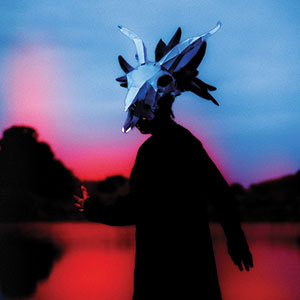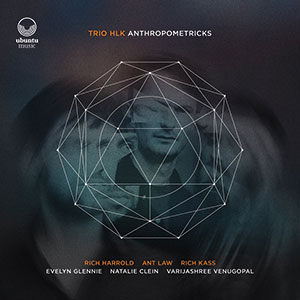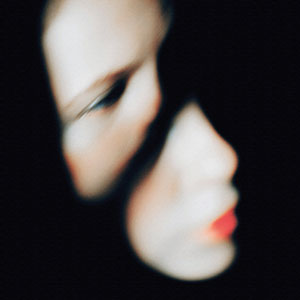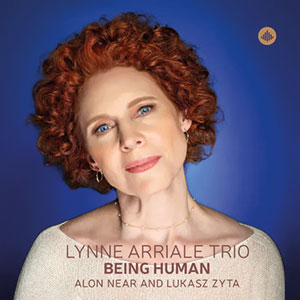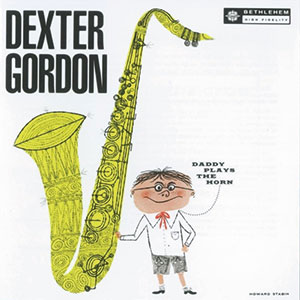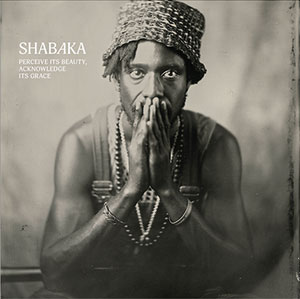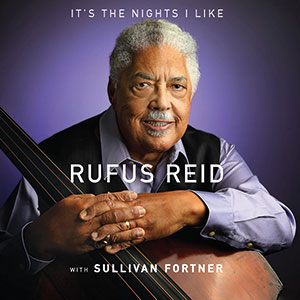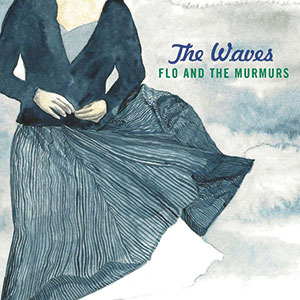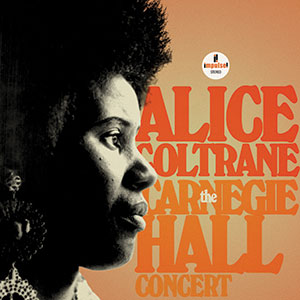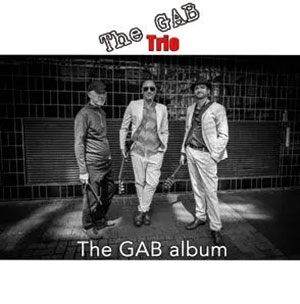Pat Metheny, Robert Glasper, Cassie Kinoshi and Veronica Swift for 2024 EFG London Jazz Festival programme
- Tuesday, April 23, 2024
- News
Some of the biggest names in jazz are set to appear at the Barbican, Southbank Centre, Cadogan Hall, Kings Place and KOKO as part of this year’s capital-wide festival



































